Partners
CULTURALITY brings together an international network of 13 organizations from 9 different countries with different backgrounds to tackle the current social, cultural, economic, and environmental challenges from rural & remote areas, raise awareness of the possibilities of cultural tourism and promote local communities as agents of change by providing a suitable framework for collaboration of the local ecosystems through training, peer to peer learning and knowledge exchange.
This ideal partnership has been promoted, with academic teams with various research profiles and non-academic partners who are in contact with rural communities and have previous experience organizing activities promoting cultural and creative tourism in remote areas. A well-balanced consortium is built up which includes higher education institutions (Universities), regional representatives from rural & remote areas, museums, organizations working directly with local communities as well as SMEs from the tourism and data mining sectors. Due to the characteristics of the project, which addresses studies of anthropology, ethnography, material culture, geography, tourism studies, economics, design, management, rural studies, etc., the partnership has been designed to boost interdisciplinary collaboration, with ethnographers, anthropologists, geographers, economists, experts in social sciences & humanities, promoters of new cultural activities, curators, etc. Indeed, the various objects of study (crafts, intangible heritage, music, design and creative tourism initiatives) require the collaborative work of researchers and professionals from different disciplines, backgrounds and professional experiences.
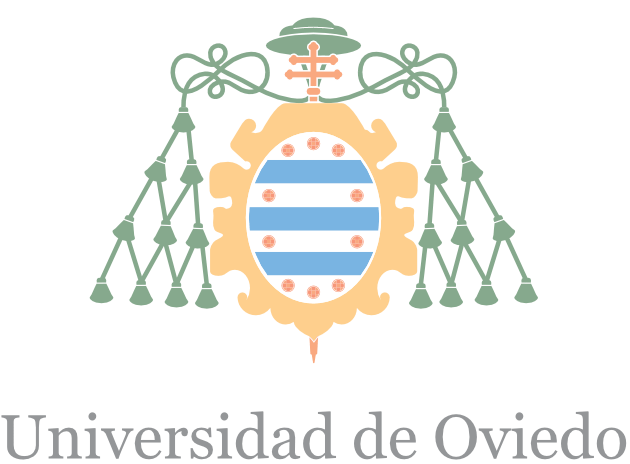
Universidad de Oviedo
Is the coordinating entity of the project, taking charge of the administration and communication tasks, ensuring the project’s coherence and the partners’ coordinated work to achieve the objectives set (WP1 Project coordination & management). Its multidisciplinary work team facilitates the correct performance of these tasks.
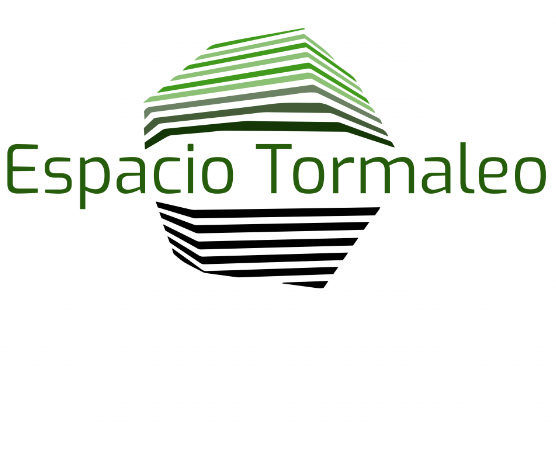
Espacio Tormaleo S.L.
Leads the WP5 Stakeholder engagement, clustering and awareness raising. They coordinate the development of RuralSpots and RuralEvents in different locations. Likewise, to facilitate meetings and collaboration, they will create a database that includes all the agents involved in the sustainable development of rural and remote areas. On the other hand, like other partners under the guidance of the leaders of the corresponding work packages, it will oversee carrying out basic, applied, and experimental research in its geographical area.

La Ponte Ecomuseu
With experience in applied and experimental research, La Ponte leads the WP3 Applied research models and replicators. Based on the work in WP2 and WP5, a second study phase will be carried out within the applied research line. For this, it will use the data obtained by data mining and contingency valuation. Likewise, they will be in charge of analysing RuralSpots (WP5) as potential Living Labs and carrying out the RuralEvents (WP5) with their corresponding analysis as a final result. Its main tasks are related to the organization of Rural Spots, Rural Events and Living Labs linked with experimental research specially coordinating the Living Labs experiences. Finally, LaPonte will blend the ToolBox with the Models book that is useful for the Replicators.

UriaXait S.L.
As experts in data mining, will oversee creating the template to collect information. This task is carried out within the WP4 led by UniOvi and under the guidance of UriaXait, all partners will carry it out. The objective of this work is the analysis of the responses caused by tangible and intangible heritage in such a way that it will be helpful to guide tourist strategies, defining tourist profiles, interests, etc.
Portugal
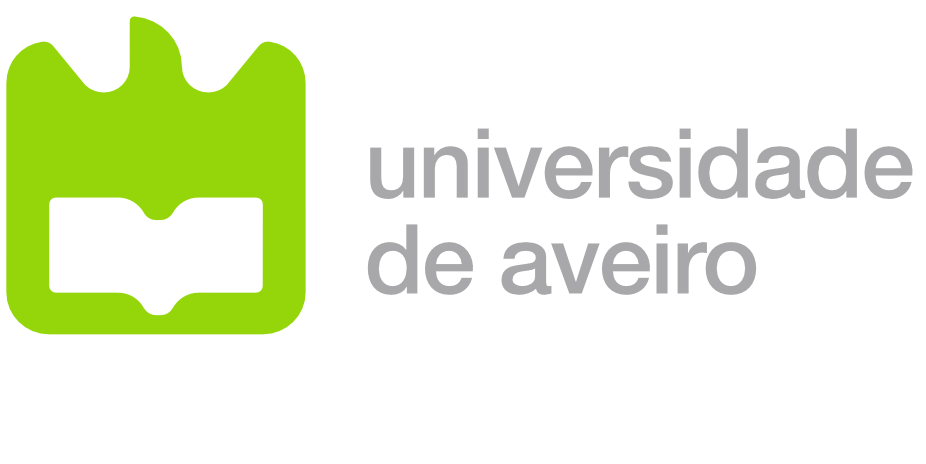
Universidade de Aveiro
The University of Aveiro (UA) leads Work Package 8 – Communication, Dissemination, and Outreach – and is responsible for creating the project’s visual identity and ensuring the broad dissemination of its activities and results. UA will design and implement the dissemination and communication plan, aiming to raise awareness about sustainable cultural tourism in rural and remote areas, promote scientific dissemination, and engage diverse audiences through a variety of outreach strategies. This includes the development of the project website, the coordination of targeted diffusion activities for key stakeholders, the organisation of a conference and the organisation of an international photographic competition that will result in exhibitions supporting the project’s visibility. In addition to leading WP8, UA also contributes to tasks in Work Packages 2, 3, 4, 5, and 7.
ITALY
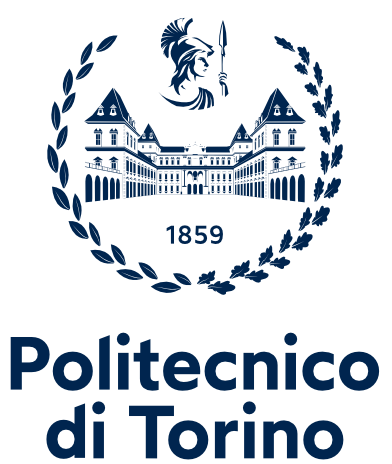
POLITECNICO DI TORINO
Will coordinate the WP6 Training and knowledge transfer for ecosystem development. They will focus on compiling a theoretical foundation for teaching strategies and knowledge transfer.
On the other hand, like other partners under the guidance of the leaders of the corresponding work packages, it will be in charge of carrying out basic, applied and experimental research in its geographical area. The team is also involved in the achievements of WP7 and WP8 concerning Digital resources for research, outreach and cooperation and Communication, Dissemination activities. Like the rest of the partners, it’s responsible for participating in some WP 2, 3, 4 and 5 tasks.
UNITED KINGDOM
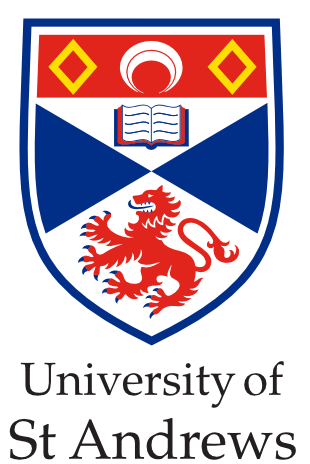
The University Court of the University of St. Andrews
Will coordinate the technological part and carry out the digitisation tasks of the results (WP7 Digital resources for research, outreach and cooperation). To this end, they will develop VERAP, a virtual museum in which all the information generated in the project can be accessed and hosted on the project web page created in WP8. Mapping and all the graphic and audio-visual documentation and Virtual Reality will also be included. On the other hand, through this virtualisation, they will oversee visualising the problems climate change can cause in cultural landscapes.

Applied Arts Scotland SCIO
Under the guidance of the leaders of the corresponding work packages, will be responsible for carrying out basic, applied and experimental research in their geographical area. Its main tasks are related to the organization of Rural Spots, Rural Events and Living Labs linked with experimental research.
SLOVENIA
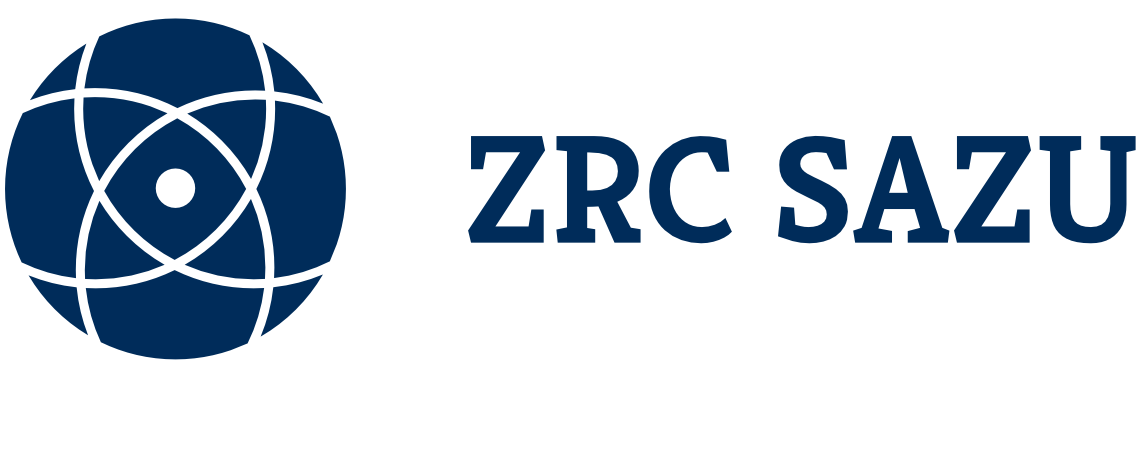
Scientific Research Center of Slovenian Academy of Sciences and Arts
Under the guidance of the leaders of the corresponding work packages, will oversee carrying out basic, applied and experimental research in its geographical area.
NORWAY
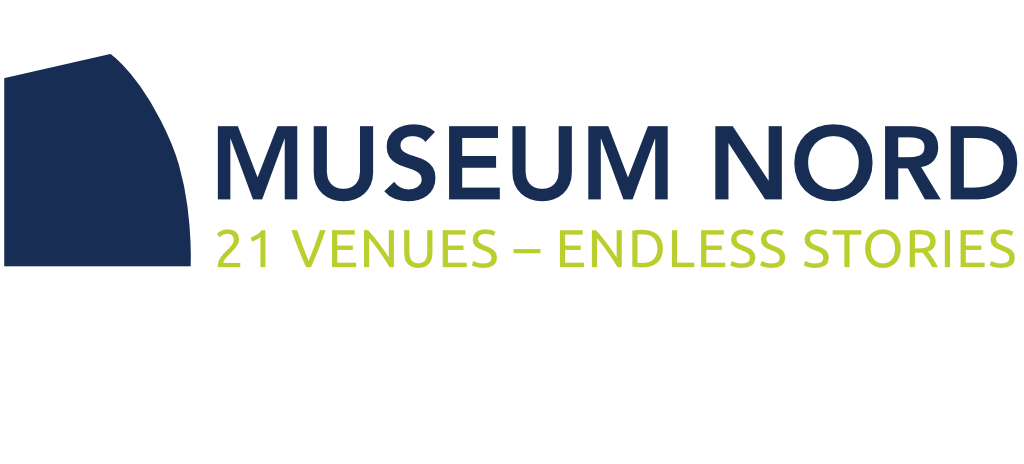
Foundation Museum Nord
Under the guidance of the leaders of the corresponding work packages, will oversee carrying out basic, applied and experimental research in its geographical area. Its main tasks are related to the organization of Rural Spots, Rural Events and Living Labs linked with experimental research.
SWEDEN
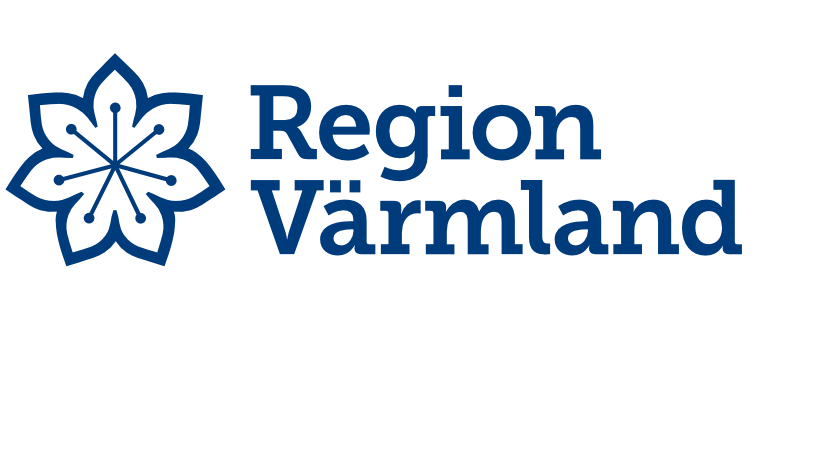
Region Värmland
Under the guidance of the leaders of the corresponding work packages will be involved in basic, applied, and experimental research in its geographical area. Its main tasks are related to the organization of Rural Spots, Rural Events and Living Labs linked with experimental research.
ROMANIA

Consiliul Judetean Maramures
Under the guidance of the leaders of the corresponding work packages will oversee carrying out basic, applied and experimental research in their geographical area. Its main tasks are related to the organization of Rural Spots, Rural Events and Living Labs linked with experimental research.
ESTONIA
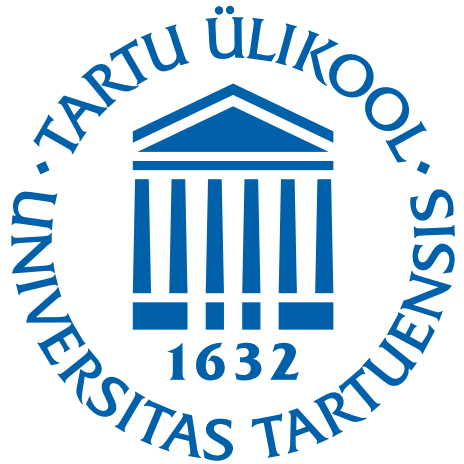
University of Tartu
Leads the WP2 Field work and data collection for roadmap development and coordinates basic research with fieldwork and data collection on tangible and intangible aspects of crafts. Likewise, it will cover the role of craftsmanship in the circular economy production and consumption model, women’s role in crafts, and the link between artisan performance and contemporary artistic manifestations. This documentation will be used to configure the database and mapping by USTAN in the WP. On the other hand, like other partners under the guidance of the leaders of the corresponding work packages, it will oversee carrying out basic, applied and experimental research in its geographical area.

